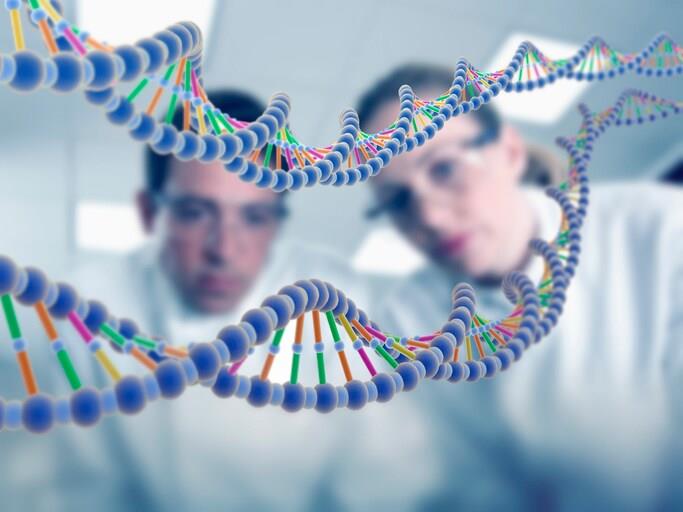
Human DNA From Scratch? Scientists Plan To 'Write' Human Genome In Lab, Raising Hopes And Questions
A team of British scientists has launched an ambitious project to build parts of human DNA from scratch. The aim is to better understand how our genes work and to use that knowledge to treat diseases.
Researchers start work on synthetic human genome
The project is called the Synthetic Human Genome (SynHG). It is expected to run for five years. The scientists will make large pieces of human genetic material in the lab and place them in living cells. This will help them study how DNA behaves inside our bodies.
New way to treat diseases
Professor Jason Chin from the MRC Laboratory of Molecular Biology (LMB) in Cambridge is leading the project. He said that learning how to write DNA could help develop treatments for many diseases, reports The Guardian.
One goal is to make human cells that can resist attacks from the immune system or certain viruses. These special cells could be transplanted into patients with autoimmune diseases or liver damage, the report added.
Why this project matters
Scientists have been reading DNA for decades. The first draft of the human genome came out 25 years ago. But writing DNA, or building it from scratch, is much harder.
The researchers will begin by making sections of a human chromosome. They will test them in skin cells. Experts from Cambridge, Kent, Manchester, Oxford and Imperial College London are working on the project.
Professor Chin and his team have already built the full DNA of the E. coli bacterium. But while E. coli has around 4.5 million base pairs, the human genome has over 3 billion. That makes this project much more complex.
Understanding the dark matter of the genome
Dr Julian Sale, also from LMB, said much of the human genome is still a mystery. Some parts are known as the "dark matter" of the genome because we do not yet understand what they do.
He said that if we can build and test DNA, we can finally learn what these unknown parts are for.
Looking at ethics and society
The project also includes a team studying the social and ethical issues of building human DNA. Professor Joy Zhang at the University of Kent is leading this part.
Dr Sale said now is the right time to talk about how this technology should be used. "We're a little way off from making therapies, but this is the time to start that discussion," he said.
Future uses and concerns
Professor Iain Brassington from the University of Manchester said the work could lead to synthetic versions of mitochondria. These tiny structures power cells. Synthetic mitochondria could help stop some genetic diseases from being passed on to children.
But he also warned that the technology could have risks. For example, bacteria with synthetic DNA might be used to clean up oil spills or plastic waste, but if they spread in the wild, they could cause harm.
He also mentioned the idea of designer babies. In the future, parents might want to choose their child's traits before birth. Brassington said this was still a far-off idea but worth discussing now.
Legal Disclaimer:
MENAFN provides the
information “as is” without warranty of any kind. We do not accept
any responsibility or liability for the accuracy, content, images,
videos, licenses, completeness, legality, or reliability of the information
contained in this article. If you have any complaints or copyright
issues related to this article, kindly contact the provider above.


















Comments
No comment